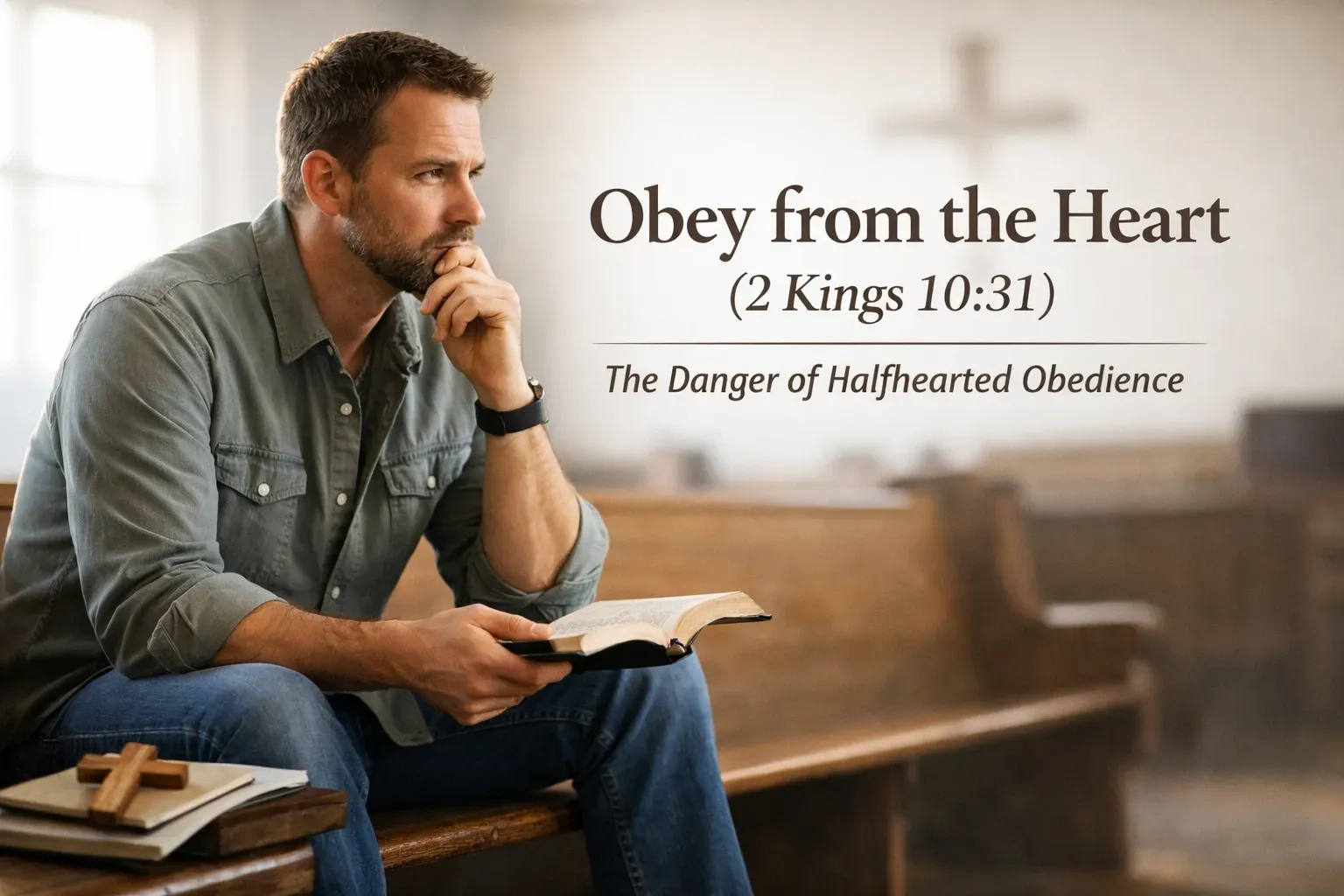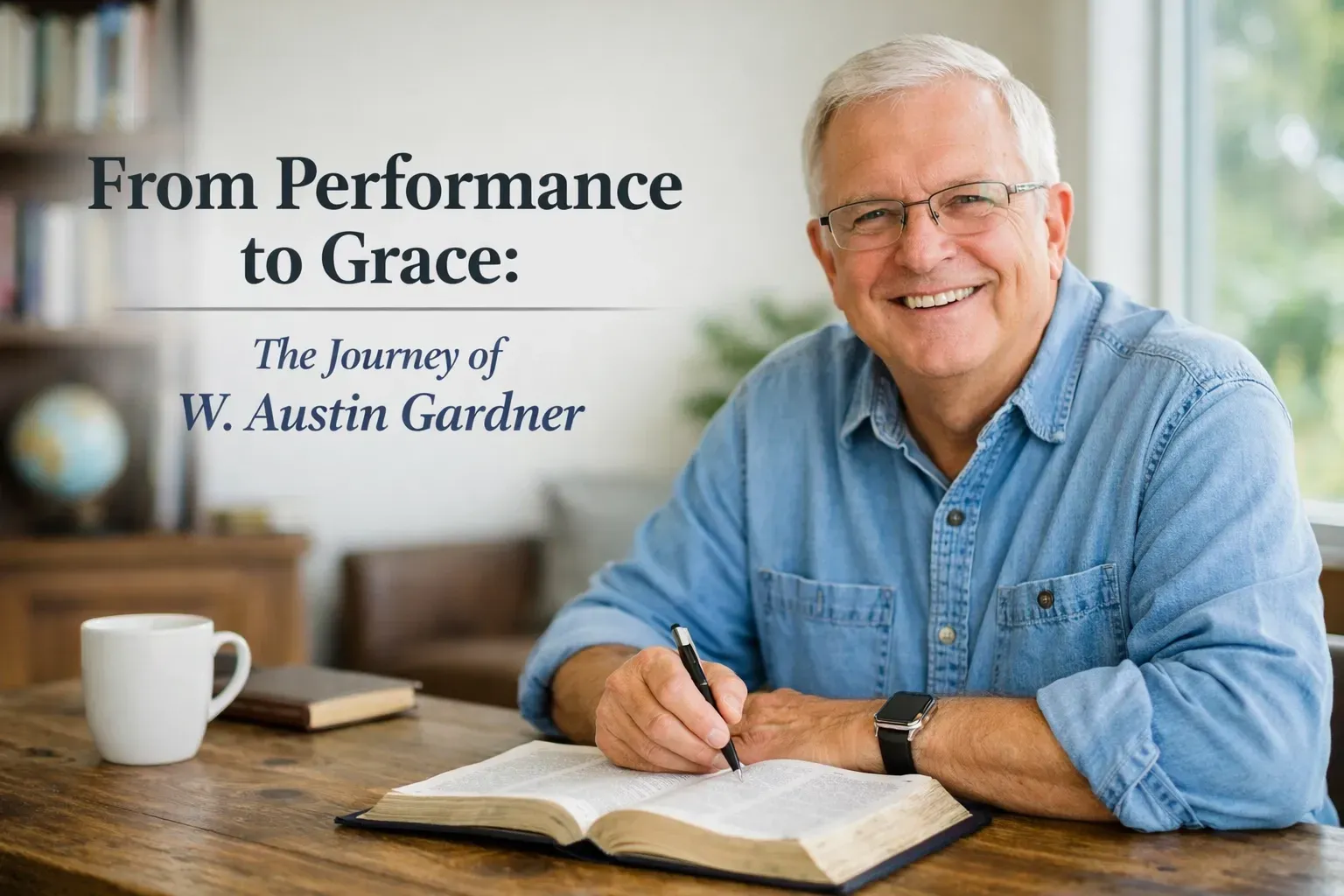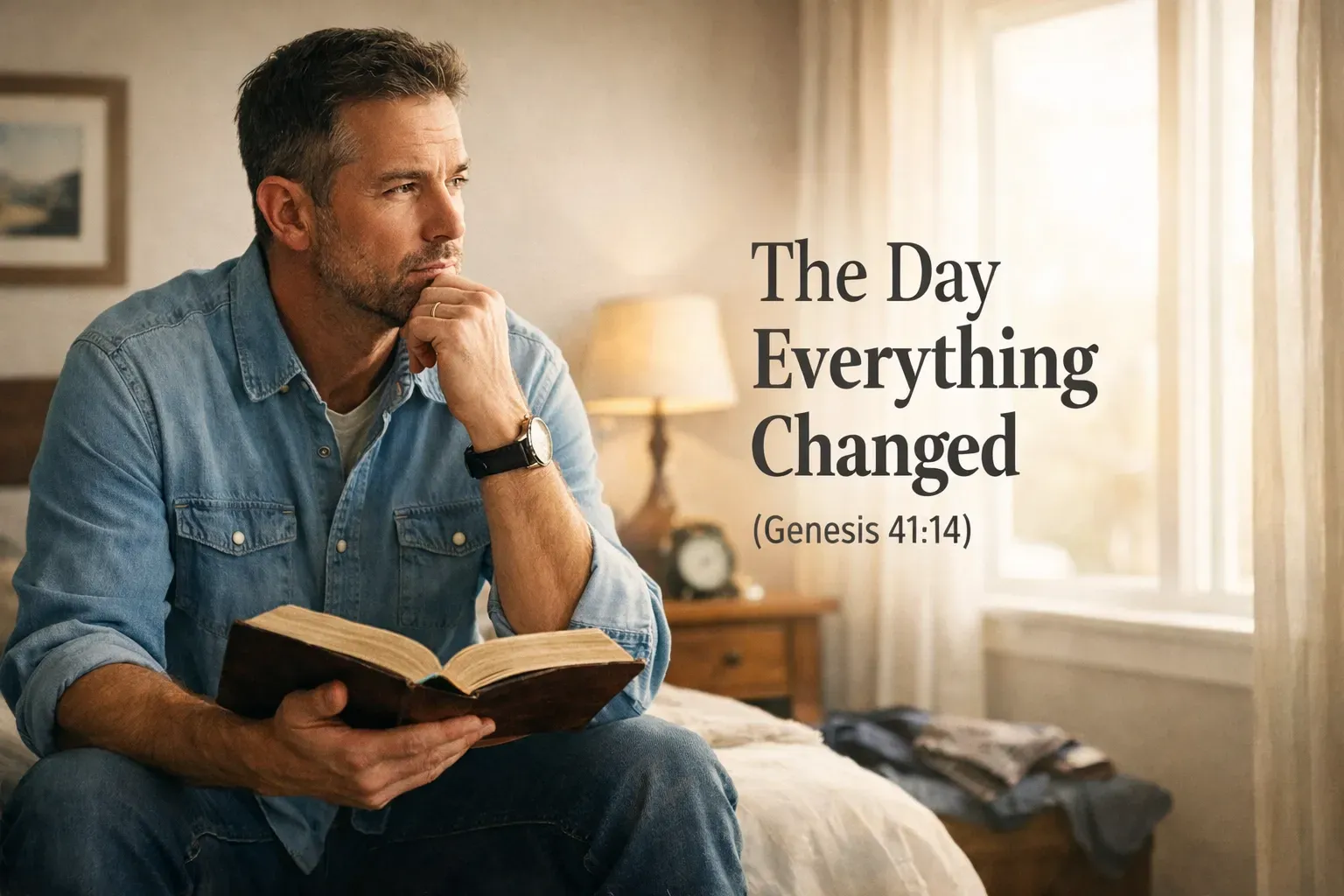The point is that it’s either got to be God’s wisdom or yours. It’s either God’s way or yours.
Today's Gleanings from Medellin, Colombia

However, numerous factors on the human side also must be considered. Heredity, environment, upbringing, the degree to which the moral Law of God has been violated, complicity with sins of the flesh and spirit, and occult participation are only a few of them.
In considering the believer in relation to demonic phenomena, it must be remembered that when God saves us, He does not strip us of our will or constitute us robots or automatons. He leaves us with our wills renewed and set free to make right choices, but we are still free moral agents. We can choose the wrong.
Merrill Frederick Unger,
What Demons Can Do to Saints (Chicago, IL: Moody Publishers, 1991), 125.
***********************
Rebellion against God’s Word and will, it must be emphasized, marks the one criterion that distinguishes a good spirit from a demon spirit.
Merrill Frederick Unger,
What Demons Can Do to Saints (Chicago, IL: Moody Publishers, 1991), 127.
***********************
Balaam illustrates the fact that the Spirit of God may work in believers who are weak in faith and deficient in sound doctrine. However, it must be remembered that the Spirit of God never indicates nor empowers false doctrine. Doctrinal errors are “doctrines of demons” (1 Timothy 4:1; NASB; cf. 1 John 4:1–2). All unsound teaching is originated and propagated by demon spirits, emphatically not by the Holy Spirit.
This can only mean that when false doctrine is subscribed to and followed, the work of the Holy Spirit is hindered, perverted, and vitiated in proportion to the extent to which demonic powers are permitted to influence from without or allowed entrance to work from within. The situation that results depends upon how serious are the errors espoused and to what degree they control the believer.
Merrill Frederick Unger,
What Demons Can Do to Saints (Chicago, IL: Moody Publishers, 1991), 132–133.
***********************
Evidences of demonic spoiling of the Holy Spirit’s work in salvation and revival are evident. These include divisions and misunderstandings among God’s people, obscuration of the gospel of grace, miscomprehension of what salvation is, forefeiture of security and stability in Christian living, and robbing the believer of his maturity in Christ, thus reducing him to a state of infancy and immaturity.
Merrill Frederick Unger,
What Demons Can Do to Saints (Chicago, IL: Moody Publishers, 1991), 134.
***********************
God uses the powers of darkness as His instruments to discipline His wayward children.
Merrill Frederick Unger,
What Demons Can Do to Saints (Chicago, IL: Moody Publishers, 1991), 135.
***********************
The Spirit, seriously grieved by sin (Ephesians 4:30) and quenched by gross disobedience (1 Thessalonians 5:19), can offer no barrier to the invasion of satanic forces. They know how far they can go, and they go every inch they are allowed.
Merrill Frederick Unger,
What Demons Can Do to Saints (Chicago, IL: Moody Publishers, 1991), 136.
***********************
Blinded in false doctrine, trapped in doctrines of demons, and caught in some dangerous cult, their consciences become so cauterized and insensitive to light and truth that they not only believe a lie but also live it out daily. This is the fearful peril that faces every newly regenerated soul who is lured away from the Word of God and sound biblical teaching.
Merrill Frederick Unger,
What Demons Can Do to Saints (Chicago, IL: Moody Publishers, 1991), 139.
***********************
The Holy Spirit is given to lead us to the personal application of the general promises of the Word to our particular personal needs.
Many do not understand this union of the teaching of the Word and the guidance of the Spirit, so that there is a twofold difficulty in knowing what God’s will may be. Some seek the will of God by an inner feeling or conviction and want the Spirit to lead them without the Word. Others seek His will in the Word without the living leading of the Holy Spirit. The two must be united—the Word and the Spirit— so that we can know the will of God and learn to pray according to it.
The Word and the Spirit must be joined in our hearts. Only by their indwelling can we experience their teaching. The Word must abide in us. Our life must day by day be under its influence. Not from without but from within comes the quickening of the Word by the Spirit. Only he who yields himself entirely to the supremacy of the Word and the will of God can expect to discern what that will is and to boldly ask in prayer. He who through the Word and the Spirit lives in the will of God by doing it, will know to pray according to that will in the confidence that He hears us.
Andrew Murray,
Teach Me to Pray (Grand Rapids, MI: Bethany House, 2002).
***********************
The Bible teaches that life has a dimension that goes beyond the material, physical environment. This arena centers on the immaterial part of your being—the real you—and your relationship to God. In opposition to God is Satan and a vast army of immaterial, rational creatures that are subservient to him. They have all been sentenced to eternal condemnation in the lake of fire (Matt. 25:41). Yet, that sentence has been postponed until the end of human history. Between the pronouncement of that verdict and the execution of the sentence lies the entire panorama of human history. Man was created to play a vital role in the resolution of this angelic rebellion. Man is the focal point. This is the essence of spiritual warfare.
Robert Dean Jr. and Thomas Ice,
What the Bible Teaches about Spiritual Warfare (Grand Rapids, MI: Kregel Publications, 2000), 14.
***********************
Many Christians today are losing the battle in spiritual warfare because they lack an adequate knowledge of God’s Word. This ignorance has led some people into occult practices that are cleverly disguised as “neutral” self-help techniques. Others have one foot in the world and the other foot in the Bible; thus compromised, they cannot understand why biblical principles never seem to work for them. Defeat is commonplace because their lives are not established on truly biblical principles but rather on the shifting foundation of human experience.
Robert Dean Jr. and Thomas Ice,
What the Bible Teaches about Spiritual Warfare (Grand Rapids, MI: Kregel Publications, 2000), 16.
***********************
What is wisdom? It is the skill to achieve the most perfect ends by the most perfect means. Both the means and the ends have to be worthy of God. Wisdom is the ability to see the end from the beginning, to see everything in proper relation and in full focus. It is to judge in view of final and ultimate ends and to work toward those ends with flawless precision.
A. W. Tozer and David E. Fessenden,
The Attributes of God: Deeper into the Father’s Heart, vol. 2 (Camp Hill, PA: WingSpread, 2001–), 130.
***********************
The point is that it’s either got to be God’s wisdom or yours. It’s either God’s way or yours.
A. W. Tozer and David E. Fessenden,
The Attributes of God: Deeper into the Father’s Heart, vol. 2 (Camp Hill, PA: WingSpread, 2001–), 135.
***********************
Turning to our own way is the essence of sin. I turn to my way because I think it is wiser than God’s way.
A. W. Tozer and David E. Fessenden,
The Attributes of God: Deeper into the Father’s Heart, vol. 2 (Camp Hill, PA: WingSpread, 2001–), 135.
***********************
This is the crux of our life. This is the difference between revival and a dead church. This is the difference between a Spirit-filled life and a self-filled life. Who’s running it? Who’s the boss? Whose wisdom is prevailing—the wisdom of God or the wisdom of man?
A. W. Tozer and David E. Fessenden,
The Attributes of God: Deeper into the Father’s Heart, vol. 2 (Camp Hill, PA: WingSpread, 2001–), 136.
***********************
Blandina and Ponticus encouraged each other to stand firm in their last hours, and when Ponticus died, Blandina even rejoiced that he was with the King. Blandina herself endured another round of torture, including being placed on a red-hot iron seat to be scorched before being tossed by a raging bull. Surviving all of these horrors, she was finally killed with the sword by a Roman soldier. Even the torturers were wondering at this woman, who endured more than anyone believed possible. How did Blandina endure it all? Not by any strength that the world has to offer, but by the grace of God that fell upon her without measure.
***********************
The guards tried to force them to wear the robes and dresses of the Roman priests and priestesses, but Perpetua resisted so strongly that the military tribune relented. “We came to this [execution] of our own free will, that our freedom should not be violated,” she said. “We agreed to pledge our lives provided that we would do no such thing [as worship an idol].” Her eloquence won the day.
As they were led out, Perpetua and Felicity, since they were women, were to be killed by a maddened female cow. Both of the women were tossed in the air by the cow, but they were only left dazed. Perpetua rose from the dusty arena floor first and offered Felicity her hand, raising her up in a gesture of sisterly love. The cow dashed away and the women were returned to the “Gate of Life” in the west entrance of the arena. Walking to the Gate, Perpetua looked at the Christian supporters standing nearby and encouraged them, “You must all stand fast in the faith and love one another, and do not be weakened by what we have gone through.”
Since the beasts were no longer interested in attacking the martyrs, and it was time for the gladiator tournament to begin, Hilarianus put an end to the Christian exhibition and condemned the ones still alive to “die by the sword.”
“Those who had not been killed by the beasts were called onto a scaffold to be beheaded. But they kissed one another first before ascending, that they might consummate their martyrdom with the kiss of peace.” As Perpetua walked up the steps it was as though she was treading on the dragon’s head one final time. Perpetua held her head high and walked in grace and peace. Unfortunately, the young gladiator who was performing the beheadings was inexperienced. His first blow to Perpetua did not kill her, and she had to guide his hand to her neck so the deed would be finished.
Perpetua and her fellow martyrs were dead. What would happen next to the church of Jesus Christ?
Roberts Liardon and Daniel Kolenda,
God’s Generals: The Martyrs (New Kensington, PA: Whitaker House, 2016).
***********************
Psalms 104:4: “He makes his ministers a flame of fire.” Am I ignitible? God deliver me from the dread asbestos of “other things.” Saturate me with the oil of the Spirit that I may be a flame. But flame is transient, often short-lived. Canst thou bear this, my soul, short life? In me there dwells the Spirit of the Great Short-Lived, whose zeal for God’s house consumed Him, and He has promised baptism with the Spirit and with fire. “Make me Thy fuel, flame of God.”
Elisabeth Elliot,
The Journals of Jim Elliot: Missionary, Martyr, Man of God (Grand Rapids, MI: Revell, 2021), 72.
***********************
the easiest way to cause a person to understand is to use the word “trust.” I’ve often said to someone, “I think you do believe. You believe Jesus Christ was a historical figure who died on a cross and arose and even that He did it for you. But I have reason to believe you are trusting in your good life to save you.” Repeatedly, I’ve had people say, “Oh, you’re right.” I then explain, “But that’s what I want you to understand. To believe in the Bible means you must trust in Christ alone to save you.” As we speak evangelistically, we must consistently ask our audience, “Will you trust in Christ alone to save you?” Use the word “trust.”
R. Larry Moyer, Show Me How to Preach Evangelistic Sermons, Show Me How Series (Grand Rapids, MI: Kregel Academic & Professional, 2012), 121–122.











